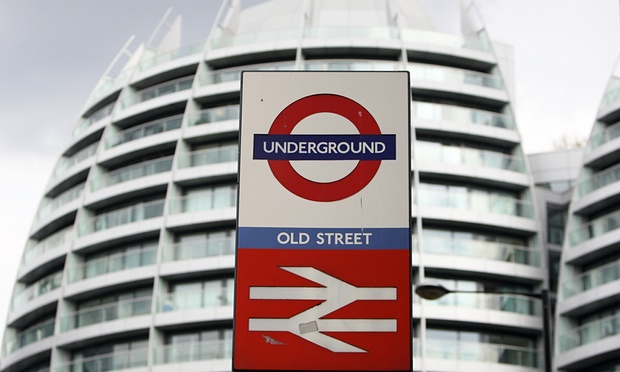
06 Jul London’s diversity is one of the strongest attributes of its tech ecosystem
At the recent PreMoney conference in Silicon Valley, an uncomfortable discussion about racial diversity happened on stage. The speakers, Ellen Pao and Dave McClure, were trying to highlight an issue that is rarely spoken about: the under-representation of ethnic minorities in the US tech industry.
Just as academic research has shown that mixed-gender boards outperform male-only ones in public markets, research from McKinsey & Co also proves that ethnic diversity helps companies deliver better results. Vivian Hunt, managing partner of McKinsey & Co in the UK and Ireland recently stated that companies “with a 10% higher gender and ethnic/racial diversity on management teams and boards had earnings before interest and tax (EBIT) that was 5.6% higher.”
In a brilliant article published last year, Marc Andreessen highlighted that policymakers should not try to emulate Silicon Valley but instead seek to find attributes that make their own ecosystems unique. The amazing ethnic diversity that London offers is a key differentiator to almost any other global tech hub.
Data from the 2011 census paints the picture of a city where 40% of the population classified themselves as an ethnicity other than white, where 12% of the population stated their religion to be Muslim and where 30% of the population holds a passport other than British.
I love the diversity of London, the onion layers that one encounters from one street block to the next, the confluence of accents and aromas on its streets. This map of the leading second languages across London’s various boroughs illustrates this brilliantly.
This diversity is qualitatively reflected in our tech ecosystem. From high-profile entrepreneurs like Ismail Ahmed, the Somali-born founder of WorldRemit – now valued at $500m (£315m) – and Jose Neves, Portuguese-born founder of $1bn+ fashion unicorn Farfetch, to the Honduran and Indian-born partners running Seedcamp, Carlos Espinal and Reshma Sohoni. But there are also entrepreneurs one runs into every day with ethnic backgrounds from Owais and Ron at Global App Testing to ShaoLan at Chineasy to Alick at Osper. The fact that a Salvadoran-born immigrant is writing this post is not lost on me either.
But no better example comes to mind than Mutaz Qubbaj, the MIT-educated Kuwaiti-born Jordanian-Palestinian founder of Squirrel, who won the startup competition at St. James’ Palace last year.
What makes London special is the fact that no one highlighted or even particularly noticed the implied ethnic background of Mutaz’s name. It is part of the multicultural city we live in day to day. It is part of being a Londoner. Like with the rest of the city, the tech ecosystem has a blend of British, Italians, Turks, Nigerians, Indians, Pakistanis, Brazilians and Romanians in its mix.
Quantitatively, a report conducted by Wayra UK validates the striving for diversity within London’s tech ecosystem. It surveyed 240 startup founders or management team members about their backgrounds, team composition and personal views. 82.5% of individuals agree that diversity helps teams bring new thinking and 97.1% of individuals are open to working in diverse teams. 79% of respondents identified as “white” (vs 89% in a similar survey in the US) and senior members of UK venture capital (VC) funded startups are “10 times more likely to be from any other heritage than white or Asian” than VC-backed companies in the US. In terms of country of origin, “66% of the participants hold UK passports, 20% are from the EU and 14% are from elsewhere across the globe.”
While these numbers are encouraging there is, of course, plenty of ways that the technology ecosystem can further benefit from London’s multiculturalism. Some key government and private initiatives are leading the way: the introduction of coding to the national curriculum will help arm students from all socio-economic backgrounds with the tools of the modern economy; the BBC’s MicroBit program will put a computer in the hands of a million students; initiatives like FreeFormers’ one_for1 scheme help train young people from all around London in digital skills; mentors and role models like the ones mentioned above help to make entrepreneurship a viable career path for all.
The level of entrenched diversity in London, and the benefit that affords budding enterprises, is something that few other major technology hubs across the world can easily emulate. Ethnic diversity has never been an uncomfortable subject on a London tech panel – even if gender diversity still should be – because it is part of who we are as Londoners and as a tech ecosystem. The range of perspectives provide new ideas and business models, they give variety to our discussions and experiences to our ambitions.


Sophia A Nelson
Posted at 15:30h, 08 JulySophia A Nelson liked this on Facebook.